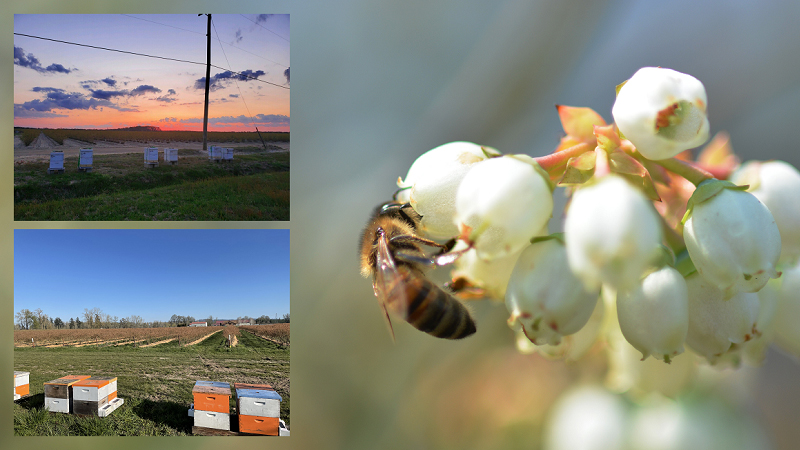$70 Million Investment To Help Feed Sustainable Agricultural Systems
USDA’s National Institute of Food and Agriculture (NIFA) has announced an investment of $70 million in sustainable agricultural projects. The goal is to establish robust, resilient, and climate-smart food and agricultural systems. This investment is made under NIFA’s Sustainable Agricultural Systems program. The program focuses on a broad base of needed research, education, and Extension solutions — from addressing labor challenges and promoting land stewardship to correcting climate change impacts in agriculture and filling critical needs in food and nutrition.
The Sustainable Agricultural Systems program area is part of NIFA’s Agriculture and Food Research Initiative (AFRI), designed to improve plant and animal production and sustainability, and human and environmental health. AFRI is the nation’s leading and largest competitive grants program for agricultural sciences. These grants are available to eligible colleges, universities, and other research organizations.
Examples of the seven projects newly funded under NIFA’s AFRI Sustainable Agricultural Systems program area include the following:
• Auburn University will receive a $9.95 million grant to transform controlled environment agriculture (CEA) – a rapidly expanding segment of U.S. agriculture that includes producing food crops in greenhouses and indoor spaces, with great promise for producing the food we need while reducing carbon emissions. This project will reduce the demand for heating and cooling in CEA food-production environments, improve the overall efficiency of CEA climate-controlled environments, lower the carbon intensity of resource inputs, and shift consumer and producer behavior surrounding CEA products and practices. Currently, controlled environment agriculture is valued at $74 billion and is expected to grow at about 10% annually.
• Michigan State University will receive a $10 million grant to assess the impacts of historical and projected shocks to the nation’s agri-food system and develop alternative mitigation and adaptation strategies. This includes the development of an AI-enabled decision support system to enable stakeholders to better prepare for and rapidly respond to multiple shocks to safeguard food access, food equity, and nutrition security as well as productivity. The goal of this project is to build local and regional food systems that are resilient to multiple shocks, such as pandemics, climate change, and foodborne pathogens.
• University of Missouri will receive a $10 million grant to address USDA-NIFA Sustainable Agriculture Systems goals on climate-smart agriculture along with strengthening regional bioeconomies in rural areas. This project involves a diverse team of 34 collaborators from 17 states. The project will train farmers to produce cover crop seed and be a catalyst to further adopt cover crops as a climate-smart practice, helping farmers adapt to climate change. Through transdisciplinary research, Extension, and education activities, the project will develop a comprehensive national program on cover crop varietal improvement, leading to increased use of regionally adapted varieties.
For more information, visit nifa.usda.gov.










